Just In
- 7 hrs ago

- 7 hrs ago

- 11 hrs ago

- 18 hrs ago

Don't Miss
- Finance
 625% Dividend, 1:10 Split, 3 Bonus; FMCG ITC Makes Big Acquisition Announcement; Stock Target Prices In April
625% Dividend, 1:10 Split, 3 Bonus; FMCG ITC Makes Big Acquisition Announcement; Stock Target Prices In April - Movies
 Maidaan Box Office Day 10 Prediction: Ajay’s Sports Drama To See Growth & Cross Rs 31Cr Mark Today
Maidaan Box Office Day 10 Prediction: Ajay’s Sports Drama To See Growth & Cross Rs 31Cr Mark Today - Sports
 PAK vs NZ Dream11 2nd T20I: Playing 11, Squads, Fantasy Tips & Best Picks
PAK vs NZ Dream11 2nd T20I: Playing 11, Squads, Fantasy Tips & Best Picks - News
 Chinese President Xi Jinping Orders Biggest Military Reorganisation Since 2015
Chinese President Xi Jinping Orders Biggest Military Reorganisation Since 2015 - Education
 Exam Pressure Does Not Exist; Studying Punctually is Crucial; Says Aditi, the PSEB 2024 Topper
Exam Pressure Does Not Exist; Studying Punctually is Crucial; Says Aditi, the PSEB 2024 Topper - Automobiles
 Suzuki Swift Hatchback Scores 4 Star Safety Rating At JNCAP – ADAS, New Engine & More
Suzuki Swift Hatchback Scores 4 Star Safety Rating At JNCAP – ADAS, New Engine & More - Technology
 Dell Introduces AI-Powered Laptops and Mobile Workstations for Enterprises in India
Dell Introduces AI-Powered Laptops and Mobile Workstations for Enterprises in India - Travel
 Journey From Delhi To Ooty: Top Transport Options And Attractions
Journey From Delhi To Ooty: Top Transport Options And Attractions
7 Risks Associated With Iron Overload
Our body requires every nutrient in some amount and iron is one among them. This nutrient is an important component of haemoglobin, a kind of protein found in the red blood cells responsible to carry oxygen from lungs to every body parts. When the level of iron is normal in our body, all the cells function well and the blood is produced in the required amount. Shortage of iron leads to anaemia which is often life-threatening. But do you know what happens when you take too much iron?

Overconsumption of iron can also be dangerous for our body as it increases the risk of heart failure, liver diseases, diabetes and metabolic syndrome to name a few. Iron overload in our body is also the main cause of the onset of neurodegenerative diseases like Alzheimer's and epilepsy.
Elevated levels of iron in our body can be due to: genetic disorders, more iron shots/injection, increased consumption of iron-rich foods or intake, or iron supplements in a large amount. Here are some of the risks associated with iron overconsumption.

1. Iron toxicity
It is caused mainly due to overdose of iron supplements. In such cases, iron gets accumulated in the vital organs like liver and brain and cause lethal damage to them. Symptoms of iron toxicity include nausea, stomach pain and vomiting.
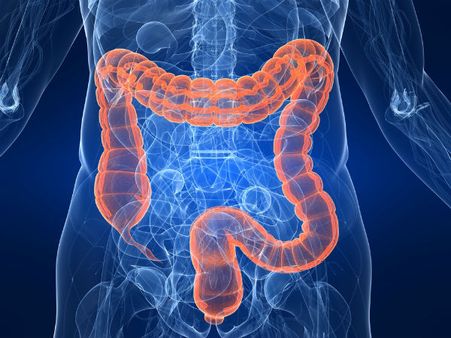
2. Colon Cancer
Too much iron has a carcinogenic potential to cause colon cancer. It is caused due to uncontrolled Fenton reaction in the presence of excess iron in the body. This promotes gene instability and mutation, leading to cancer. [1]
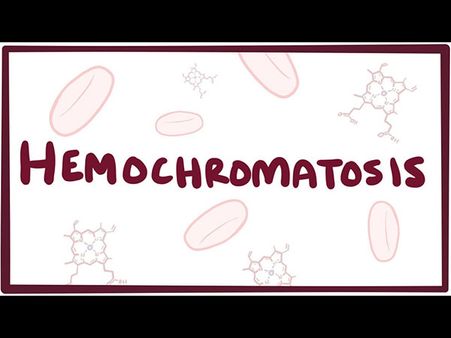
3. Hemochromatosis
It is a hereditary disorder caused due to excess deposition of iron in the body which eventually leads to cell death and cause multiple organ dysfunction. Symptoms are discolouration of the skin and diseases related to the pancreas. [2]
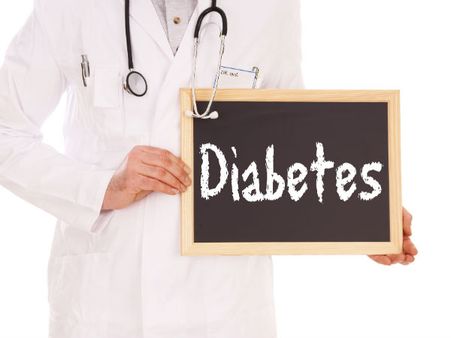
4. Diabetes
High levels of dietary iron in the body are associated with an increased risk of diabetes. Iron is also a nutrient that helps in regulating metabolism. When the count of iron goes up in the body, conditions like insulin resistance and beta-cell failure occur - the main cause of diabetes. [3]
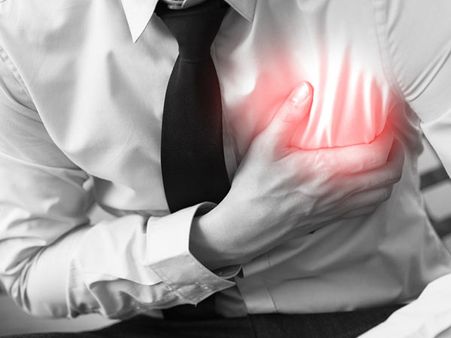
5. Heart Attack
Iron overload in the body may cause heart-related disorders like cardiac hemochromatosis. In this condition, excess of iron gets accumulated in the heart causing organ toxicity and dysfunction. This leads to congestive heart failure and irregular heartbeat. [4]

6. Liver Cancer
According to a hypothesis, iron overload is a risk factor for hepatocellular carcinoma, commonly known as liver cancer. The condition is developed due to an increase in the dietary intake of iron. [5]
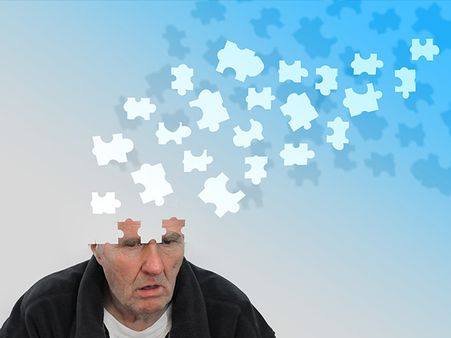
7. Alzheimer’s DIsease
Excessive iron deposition in the brain leads to the formation of an abnormal protein that gets accumulated inside specific regions of the brain related to memory and promote the development of Alzheimer's disease. [6]
Common FAQs
1. How much iron is too much?
According to the Food and Nutrition Board, the recommended dietary allowance (RDA) for iron is 18 mg (in women aged 19-50), 8 mg (in men aged 19-50) and 27 mg for pregnant women.
2. Can too much iron make you tired?
Too much of iron in the body is not good for the mental health of a person. According to a journal Nutrients, excess of iron consumption is related to daily tiredness, difficulty focusing, stress, mood change and depressive symptoms.
3. What are the symptoms of too much iron?
Too much iron in the body cause symptoms such as chronic fatigue, vomiting, stomach pain, drowsiness, joint pain, jaundice, seizures, low blood pressure, irregular heartbeat, skin colour change, diarrhoea and even death in extreme condition.
-
 wellnessDare Game, Ooty Schoolgirl Eats 45 Iron Tablets, Dies: Side Effects Of Consuming Too Many Iron Tablets
wellnessDare Game, Ooty Schoolgirl Eats 45 Iron Tablets, Dies: Side Effects Of Consuming Too Many Iron Tablets -
 recipesHow To Prepare Heart-Healthy And Iron-Rich Buckwheat And Vegetable Khichdi
recipesHow To Prepare Heart-Healthy And Iron-Rich Buckwheat And Vegetable Khichdi -
 wellness10 Effective Ways To Increase Oxygen Levels Naturally
wellness10 Effective Ways To Increase Oxygen Levels Naturally -
 kidsSigns And Symptoms Of Anaemia In Children
kidsSigns And Symptoms Of Anaemia In Children -
 nutritionWhy Should You Consume Dates Soaked In Milk?
nutritionWhy Should You Consume Dates Soaked In Milk? -
 wellnessWhat Are The Healthy Food For Teenage Girls?
wellnessWhat Are The Healthy Food For Teenage Girls? -
 prenatal11 Iron-Rich Foods For Pregnant Women
prenatal11 Iron-Rich Foods For Pregnant Women -
 wellness17 Signs And Symptoms Of Iron Deficiency
wellness17 Signs And Symptoms Of Iron Deficiency -
 nutrition7 Interesting Health Benefits Of Iron You Should Know
nutrition7 Interesting Health Benefits Of Iron You Should Know -
 improvementHow To Clean The Bottom Of A Steam Iron
improvementHow To Clean The Bottom Of A Steam Iron -
 nutritionAdzuki Beans Nutrition and Benefits
nutritionAdzuki Beans Nutrition and Benefits -
 nutritionWorld Blood Donor Day 2018: Banana And Date Smoothie For Increasing Iron In The Body
nutritionWorld Blood Donor Day 2018: Banana And Date Smoothie For Increasing Iron In The Body


 Click it and Unblock the Notifications
Click it and Unblock the Notifications



